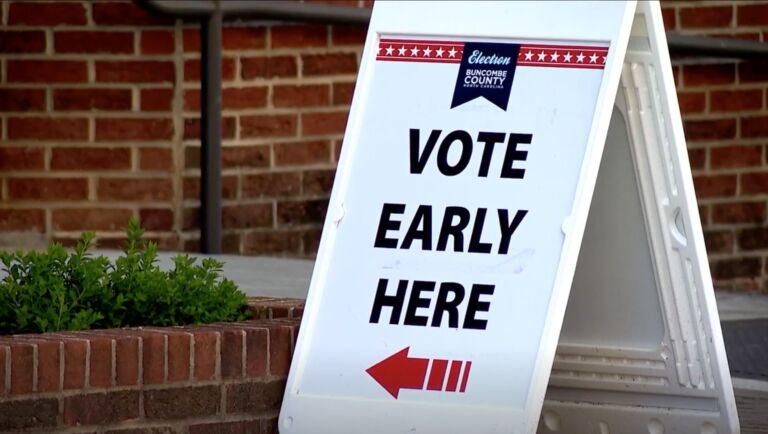Both the Senate and the House passed a continuing resolution to fund the federal government from October 1 through December 11, 2014. This legislation also authorized the training and sending equipment to Syrian rebels to fight against the Islamic State. There was a very small across-the-board cut for most of the discretionary programs and the total amount stayed under the cap of $1.014 trillion.
The House and Senate will return to Washington on November 12th, following the elections. During the ‘lame-duck’ period, there will be a number of very important items on the agenda. According to the National Association of State Budget Officers’ Washington Report,
The current Congress will have to take up a full-year omnibus appropriations bill or else extend funding with another continuing resolution (CR) in order to avoid a government shutdown, since the CR that was signed into law earlier this month expires on December 11, 2014. Additionally, both the House and Senate will feel pressure to extend the 55 temporary tax breaks that expired at the end of 2013, including the deductibility of state and local sales taxes (in lieu of income taxes) and the Work Opportunity Tax Credit (see more details in next story). In addition, the temporary extension of the Internet Tax Freedom Act, which bans state and local taxes on internet access, is also set to expire on December 11. In negotiations to renew the ban, some lawmakers are expected to push for passage of the Marketplace Fairness Act, which would authorize states to compel online and other remote retailers to collect sales taxes on remote purchases.
During the lame duck, Congress will also have to pass the annual defense authorization bill. House Speaker John Boehner (R-OH) said last week that a vote to authorize military force against the Islamic State in Iraq and Syria (ISIS) – referred to by the Obama Administration as the Islamic State in Iraq and the Levant (ISIL) – should be postponed until the new Congress convenes and should not take place during the lame-duck session. Some lawmakers are also planning to push for a long-term extension of the Children’s Health Insurance Program (CHIP). Even though the program’s funding authorization does not expire until September 2015, the lawmakers argue that passing a CHIP extension now would give states more funding certainty as they develop their fiscal 2016 budgets. Senate leaders also indicated that the chamber plans to take up a bill to reauthorize the Child Care and Development Block Grant program when it returns. Observers point out that how busy or productive the lame-duck session will be will largely be contingent on the outcome of the mid-term elections and how this shapes the political context for negotiations.


